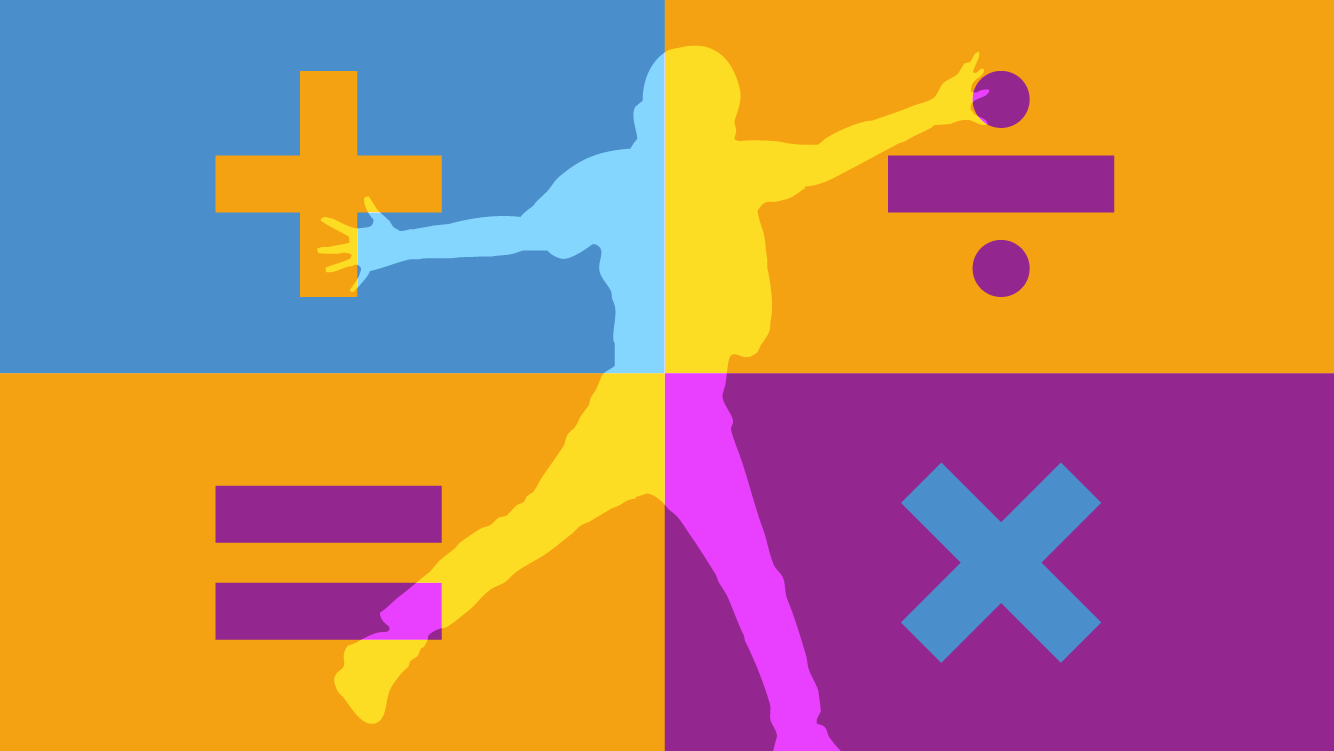How movement-based learning enhances concentration and inhibition of impulsivity of children with ADHD?

According to a recent study, children with ADHD managed to significantly increase their strength of focus, along with their school performance by using movement-based educational technology!
A group of 7 year-old children who have been diagnosed with ADHD (Attention Deficit Hyperactivity Disorder) were the participants of this research. Each child attended 3 weekly sessions of movement-based educational activities for one month. Each session lasted approximately 30 minutes with no scheduled breaks. Lastly, there was no use of external tangible means of positive reinforcement.

“Every child managed to reach an accuracy score of above 80% in mathematical operations problem solving exercises and in pattern recognition and repeating activities!”
The ADHD assessment before and after the study showed that there was a significant improvement of concentration and inhabitation of impulsivity. Children could correctly solve exercises with mathematical operations at their grade level with an accuracy score of above 80% and more quickly over time (reduced reaction time along the sessions). They also managed to successfully recognize and repeat patterns with an accuracy score of above 80%. The participants significantly improved their visual-motor and eye-hand coordination.
Regarding the participants' behavior during the sessions, the therapists observed that all children showed strong interest and motivation despite their elevated levels of impulsivity and hyperactivity. None of the children gave up! They were enthusiastic and frequently displayed signs of disappointment when they had to leave the session.
The level of satisfaction was also high for the therapists who had very few problems directing the children throughout the whole process. The parents made positive comments with regards to the enthusiasm and satisfaction of the children to participate in these sessions.
Undoubtedly, the research findings for children with ADHD, as well as children with autism, create the foundations for a new learning approach for special education: Embodied game-based learning.
Download the full research.